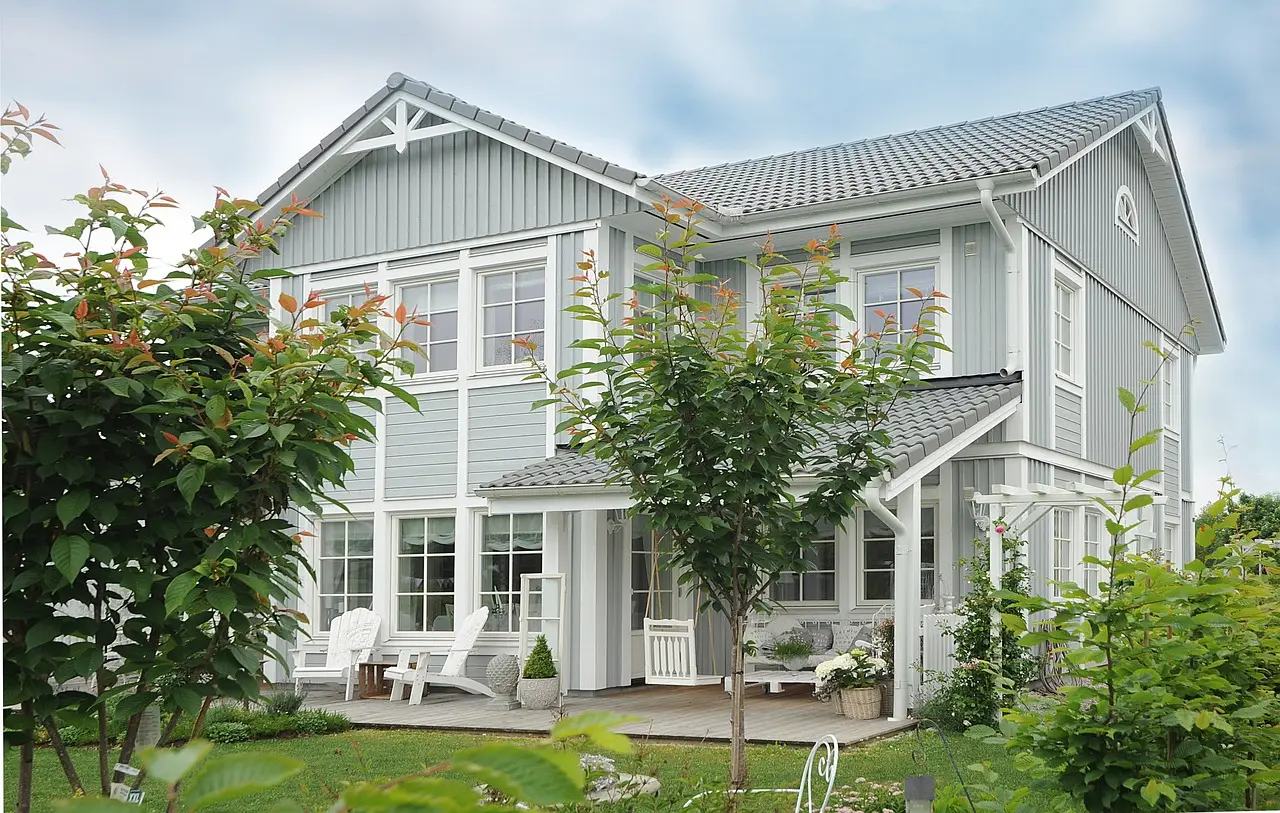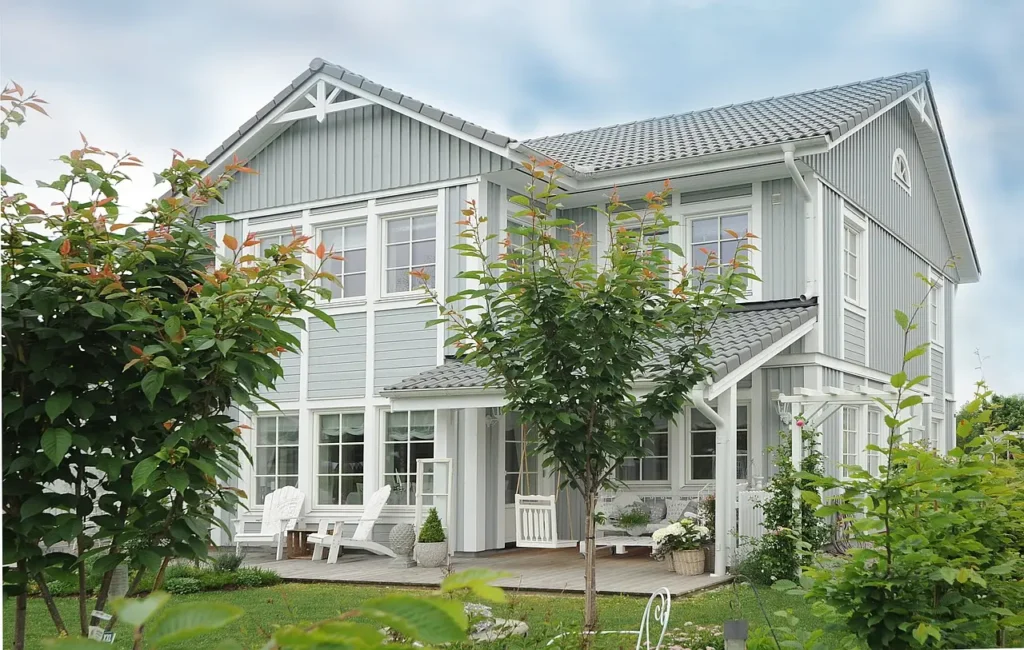Physical Address
304 North Cardinal St.
Dorchester Center, MA 02124
Physical Address
304 North Cardinal St.
Dorchester Center, MA 02124


Discovering water damage or leaks in your apartment can be an overwhelming and irritating situation, particularly when the origin of the issue is from your neighbor’s unit. Water leaks not only harm your property but can also create serious health hazards due to mold development and structural deterioration. In these circumstances, you might find yourself asking, “Who is accountable for addressing the problem if the leak originates from a neighboring apartment?”
This article explores the actions you should take when dealing with a leak from a nearby apartment, how to determine who is liable, the legal responsibilities involved, and practical strategies to prevent and manage such problems.
Before assigning blame, it’s important to pinpoint the leak’s source. This will help clarify where the issue starts and whether it requires action from your neighbor or the building management.
Plumbing Issues: Damaged pipes, burst pipes, or malfunctioning plumbing systems in your neighbor’s apartment can cause water to leak into your home. Often, plumbing systems in apartment complexes are linked, meaning a problem in one unit can impact others.
Appliance Malfunctions: Leaks can arise from malfunctioning appliances, such as washers, dishwashers, or refrigerators. If these appliances fail or are incorrectly installed, they can overflow and leak into the units below.
Structural Problems: Occasionally, the leak may not be attributable to your neighbor. Older buildings or poorly maintained structures can develop fissures in walls, ceilings, or floors that permit water to move between apartments.
Bathroom Leaks: One of the leading sources of water leaks in bathrooms. Defective seals around tubs, showers, or toilets can lead to water escaping into neighboring apartments, particularly in multi-story structures.
When you first observe water entering your apartment, it’s vital to act promptly to avoid further damage and quickly resolve the issue.
Your initial step should be to document any water damage. Capture photos or videos of the affected areas, illustrating where the water is originating and how it’s impacting your living space. This documentation will be crucial when addressing the matter with your landlord, neighbor, or insurance provider.
After determining that the leak is from your neighbor’s apartment, notifying them is essential. They might not be aware that their unit is causing water damage to yours. Kindly explain the situation and request that they look into the problem.
If you reside in a rental unit or condominium, it’s important to notify your landlord or the building management team right away. They may be responsible for resolving the issue, particularly if it pertains to shared plumbing or communal areas. Provide them with the documentation you’ve gathered and explain what you’ve witnessed.
In certain instances, building management might have procedures established for handling such concerns, so they will likely dispatch maintenance personnel to evaluate the situation.
If the leak is significant and originates from a pipe or plumbing system, it may be necessary to turn off the water supply to prevent additional flooding. In many buildings, there is a central valve for each unit or area, and shutting it off can limit further water damage while the issue is being resolved.
Determining who is responsible for repairing a leak and addressing any resulting damage involves multiple factors, such as the leak’s origin, the type of property (whether rented or owned), and local regulations. Here are some potential situations:
If the source of the leak is your neighbor’s unit due to their carelessness (for example, neglecting a running faucet, a bathtub that overflowed, or failing to maintain appliances properly), they may be held accountable for the damages. In such instances, they should stop the leak and bear the costs of repairs for both their unit and yours.
In apartment buildings or condominiums, residents usually must maintain renters’ or homeowners’ insurance that covers liabilities for damages they inflict on adjacent units. If the leak is a consequence of your neighbor’s negligence, you can request they file an insurance claim to address your damages.
In rented properties, the landlord or property management may be responsible for fixing the leak if it arises from problems with the building’s plumbing, structural damage, or issues in common areas. For instance, if a pipe bursts between units because of aging infrastructure or insufficient maintenance, the building management would typically need to assume responsibility for the repairs.
Landlords are generally obligated to ensure that rental units are livable and do not have significant problems like water damage. In situations where the leak results from a structural defect or plumbing failure that affects the building’s shared systems, the landlord is responsible for resolving the issue.
If you own your unit (as in a condo or co-op), the scenario can become more complicated. The responsibility for repairs usually depends on the bylaws and regulations of your condo or co-op association. Typically, condo boards are in charge of maintaining and repairing common areas and shared systems like plumbing and building structure. If the leak originates from these systems, the condo board may need to address the problem and cover damages to the affected units.
However, if the leak stems from something within your neighbor’s unit (such as a malfunctioning toilet or washing machine), they are often responsible for resolving the issue and paying for related repair costs.
When a neighbor’s unit is leaking into your space and the situation escalates, legal and insurance considerations may arise. Being aware of your rights and responsibilities can help safeguard your interests.
If you’re renting, examine your lease to understand your landlord’s responsibilities regarding upkeep and repairs. Typically, landlords are legally obligated to tackle water damage resulting from widespread plumbing or structural issues within the building.
For condo or co-op owners, reviewing your ownership documentation or the regulations of the condo/co-op association will clarify who is responsible for which repairs.
Both renters and homeowners should possess insurance that protects against property damage. If your belongings sustain damage from the leak, you can submit a claim to your insurance provider to cover repair or replacement costs.
If your neighbor is liable for the damage, your insurance provider may pursue a subrogation claim against their insurance to recover expenses.
If the accountable party declines to address the issue or compensate for damages, you may need to seek legal guidance. An attorney specializing in landlord-tenant disputes or real estate issues can assist you in navigating the situation and assessing whether you have a valid basis for a legal claim.
Let’s examine a real-life scenario to grasp how this situation can develop.
Scenario: Sarah resides in a condo, and her upstairs neighbor, John, unintentionally leaves his washing machine running while he is away. The machine overflows, and water seeps into Sarah’s ceiling, resulting in water damage to her living room and some of her belongings.
Sarah reaches out to John, who admits to the mistake and promptly stops the leak. Both Sarah and John possess homeowner’s insurance. John contacts his insurance company, and they agree to cover the repair expenses in Sarah’s apartment, including fixing the ceiling and replacing the damaged items. Additionally, John hires a plumber to ensure that the issue will not occur again.
In this instance, John was liable because the leak originated from his unit and was due to negligence (leaving the washing machine running). His insurance took care of the expenses, and the matter was resolved amicably.
To prevent future occurrences, both tenants and landlords can implement precautionary measures to safeguard their properties from water damage:
Routine Inspections: Ensure that plumbing systems, appliances, and other possible sources of leaks are routinely checked and maintained.
Install Water Detectors: Water detectors can identify leaks early and send notifications to your smartphone, allowing you to respond before the situation worsens.
Proper Sealing: Ensure that tubs, sinks, and other water sources are appropriately sealed to prevent water from leaking into walls or floors.
Tenant Communication: Keep open lines of communication with neighbors and building management to address any concerns promptly.
When water leaks into your apartment from a neighbor’s unit, it can be a complicated and exasperating situation to manage. Nevertheless, by identifying the leak’s source, informing the relevant parties, and adhering to appropriate legal and insurance protocols, you can effectively resolve the issue.
Whether the responsibility falls on your neighbor, your landlord, or the building management, the essential factor is rapid communication and a cooperative attitude to remedy the situation. By remaining proactive, you can mitigate damage and prevent expensive repairs in the future.